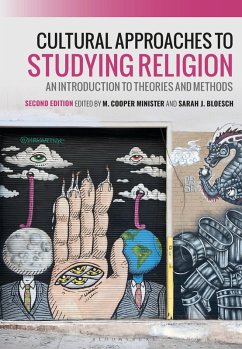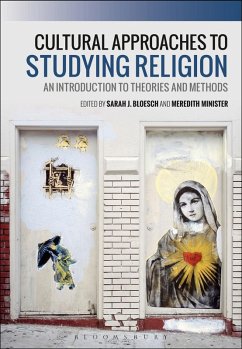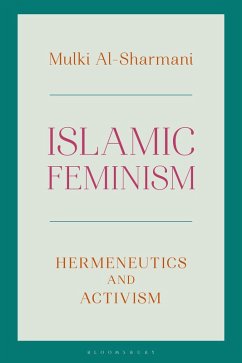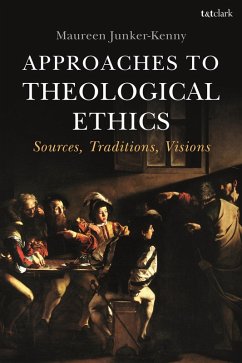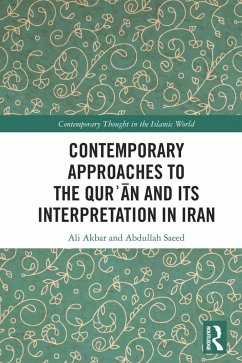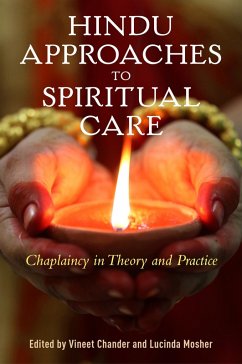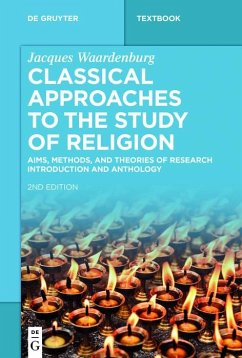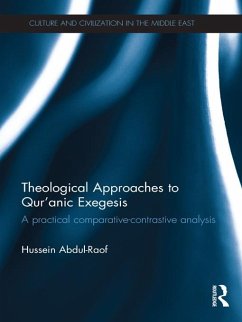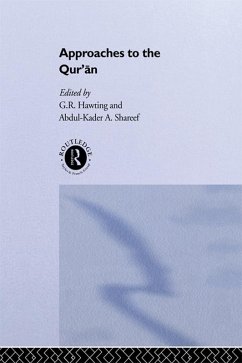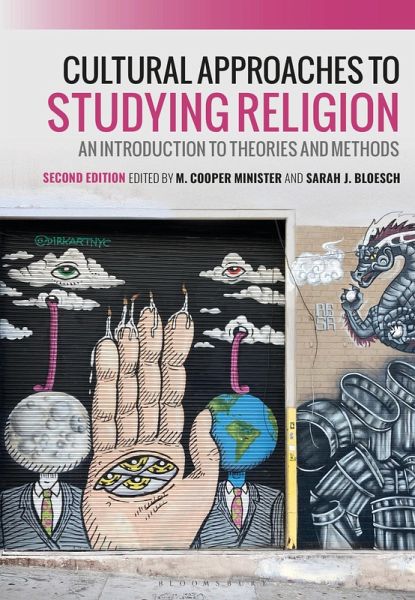
Cultural Approaches to Studying Religion (eBook, ePUB)
An Introduction to Theories and Methods
Redaktion: Minister, M. Cooper; Bloesch, Sarah J.
Versandkostenfrei!
Sofort per Download lieferbar
19,95 €
inkl. MwSt.
Weitere Ausgaben:

PAYBACK Punkte
10 °P sammeln!
Examining the analytic tools of scholars in religious studies, as well as in related disciplines that have shaped the field, this updated textbook includes cultural approaches from anthropology, history, literature, and critical studies in race, sexuality, and gender. Each chapter is written by a leading scholar and includes: the biographical and historical context of each theorist their approaches and key writings analysis and evaluation of each theory a list of key terms suggested further reading Part One: Comparative Approaches considers how major features such as taboo, texts, myths, and r...
Examining the analytic tools of scholars in religious studies, as well as in related disciplines that have shaped the field, this updated textbook includes cultural approaches from anthropology, history, literature, and critical studies in race, sexuality, and gender. Each chapter is written by a leading scholar and includes: the biographical and historical context of each theorist their approaches and key writings analysis and evaluation of each theory a list of key terms suggested further reading Part One: Comparative Approaches considers how major features such as taboo, texts, myths, and ritual work across religious traditions. This section explores the work of Mary Douglas, Phyllis Trible, Wendy Doniger, Catherine Bell and, new to this edition, Tomoko Masuzawa, whose contributions reveal the colonialist assumptions of the comparative, world religions model. Part Two: Examining Particularities analyzes the comparative approach through the work of Alice Walker, Charles Long, and Caroline Walker Bynum, who all suggest that the specifics of race, body, place and time must be considered. Part Three: Expanding Boundaries examines Gloria Anzaldúa's language of religion, as well as the work of Judith Butler on performative, queer theories of religion, Saba Mahmood, whose work considers postcolonial religious encounters, secularism, and the relationship between "East" and "West". New to this edition is Jasbir Puar's work on work on affect, gender, sexuality, and disability. Along with a list of key terms, each section now includes an introduction highlighting the contributions of each thinker and their relation to previous theories that dominated the field.




